
- This project has passed.
NY Workshop “Alternative futures for Capitalism”
NY Workshop "Alternative futures for Capitalism"
Start time:
June 24, 2019 - June 25, 2019
EDT
Location:
INET’ Office, New York, New York, 10010
Type:
Workshop
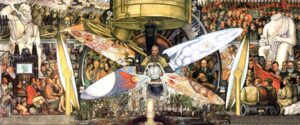
Speakers
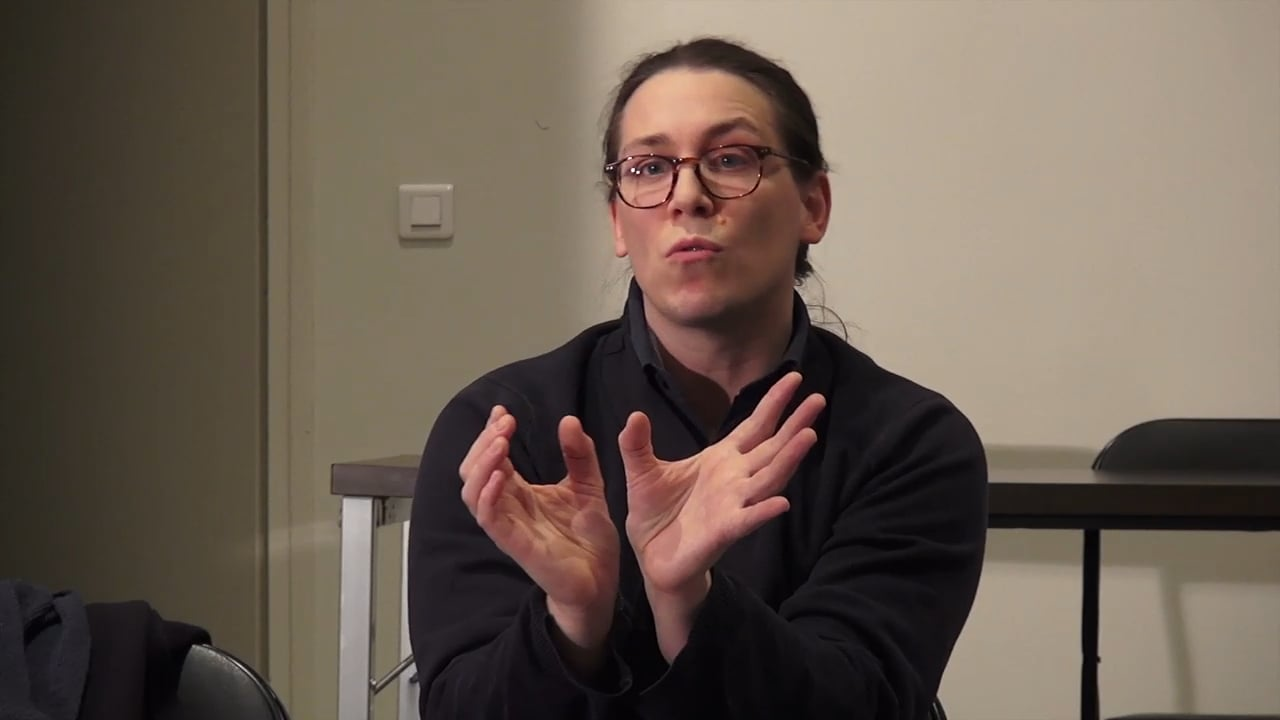
Tristan Auvray
Maître de Conférence
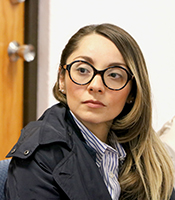
Marcela Amaro
Professo
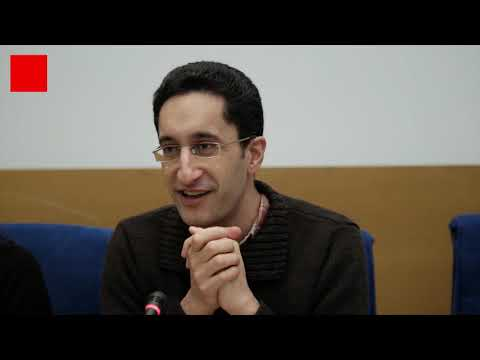
David Flacher
Full Professo
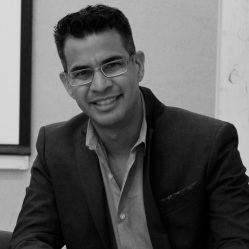
José Miguel Natera
CONACyT Researche
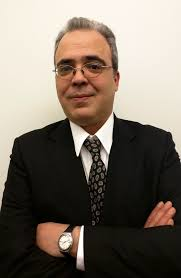
Gonçalo Fonseca
INET Research Fellow
Description
Once more capitalism is at crossroad. The combination of persistent financial fragilities, growing income and wealth inequalities, the rise of right wing populisms, the weakening confidence in the EU integration process and the major ecological crisis that the world is about to face, represent major challenges. In this context geopolitics is changing and the results of this contest increasingly rely on technological dominance. The so called Industry 4.0 is emerging while it poses concerns on the future of labor, both in core and peripheral countries. Moreover, the ones in control of those technologies and new to come could tilt the scale in favor of a new form of capitalism, dominated at a global scale by intellectual monopolies. Internet giants are the paradigmatic example of these monopolies whose economic power clashes with that of most powerful nation states. Such an alarming scenario calls for a consistent and lucid rethinking of the basis of economic policies and implies an increasing need for creative theory that conceive our time contemplating all the aforementioned dimensions.
The workshop Alternative futures for Capitalism (June 24 and 25, INET offices, New York City) will be an open space where young and senior scholars will elaborate on pressing challenges of contemporary capitalism while exploring the feasibility of suggested policy recommendations in a collaborative way.
Discussions will be organized in plenary Knowledge Stations. We will introduce a format that draws on the concept of playground of ideas in the sense that it encourages participants to actually create new knowledge altogether in a collaborative, stimulating and open environment. It consists of an open session where all the attendees are expected to answer to questions in line with the main topic of the KS, taking turns and elaborating on what previous speakers said. Among the participants, we want to engage scholars throughout the whole academic pipeline: young scholars (masters students, PhD candidates, undergraduate students), young mentors already holding a PhD and senior mentors).
Our program will include the following Knowledge Stations:
2.1. The future of labor under the lights of Industry 4.0
2.2. Rethinking democracy from a political economy perspective: economics’ broken promises behind the rise of extreme right governments.
2.3. The feasibility of an ecological transition that at the same time deals with increasing inequalities
2.4. Knowing the past to navigate uncertain futures: How the history of economic thinking may contribute in understanding the present and building the future
Some of the invited scholars will be:
Marcela Amaro. She holds a PhD in social sciences specialized in economics and innovation management. She is currently a researcher at the Institute of Social Research of the National Autonomous University of Mexico (UNAM).
Professor and tutor of the PhD on Economics, Urban Planning and Political Sciences of the UNAM. Coordinator of the Seminar on Economics and Administration of Science and Technology and the Seminar on Interdisciplinary Studies in Science, Technology and Innovation.
Member of the Thematic Research Network Convergence of Knowledge for the Benefit of Society sponsored by CONACYT and level 1 of the national system of researchers in Mexico. Her lines of research are: analysis of emerging sectors, technology transfer and learning, inclusive innovation, technological convergence and science, technology and innovation policies.
Tristan Auvray. Assistant Professor of Economics at Université Paris Nord. He is member of the CEPN-CNRS research center. He has published on topics related to financialization, corporate governance, banking, and network analysis in journals such as the Cambridge Journal of Economics or the Journal of Money Credit and Banking. He has also contributed to various books in English, French or Spanish.
David Flacher. Professor of economics at University of Technology of Compiègne – Member of Sorbonne University alliance. He is member of the COSTECH, an interdisciplinary research lab dedicated to the study of technology through social sciences and humanities. His recent research interests are in the economics of education and the transformations of the economy in the digital era. He has led several bilateral research projects (with South-Korea, Tunisia, Argentina) and been involved in various international projects. He has founded the first EPOG Erasmus Mundus Master’s Course in 2012 and has been the Director of the research centre in economics and management of the University Paris 13 (CEPN – CNRS UMR7234).
Gonçalo L. Fonseca. Research fellow at the Institute for New Economic Thinking. He received his Ph.D. in Economics from the New School for Social Research and his M.A. from the Johns Hopkins University. His research is on the intersection of the history of economic thought and economic theory. He is currently researching the foundations of the Marginalist Revolution, examining the origins, scope and construction of theories of exchange and competition.
José Miguel Natera. Researcher at CONACYT – Universidad Autónoma Metropolitana (UAM), Mexico. PhD (2014, European Mention) and Master (2010) on "Economics and Management of Innovation", interuniversity graduate program by the Autonomous University of Madrid, the Complutense University of Madrid and the Polytechnic University of Madrid. Master of Arts in Society, Science and Technology in Europe by the University of Oslo (2010). He is member of the National System of Researchers in Mexico (Level 1). Visiting researcher at Norwegian institutes (2010, 2011, 2012, 2013, 2015). Lecturer of master and doctoral courses at the Universidad Autónoma Metropolitana (UAM), Mexico. Coordinator of the Latin American research networks (LALICS). Natera’s research production includes scientific publications in international journals and books. He has participated in international conferences in Europe, Latin America and Asia. His main research interest is the use of knowledge as a development tool with a vision of complex processes and the relationship between health and science, technology and innovation systems.